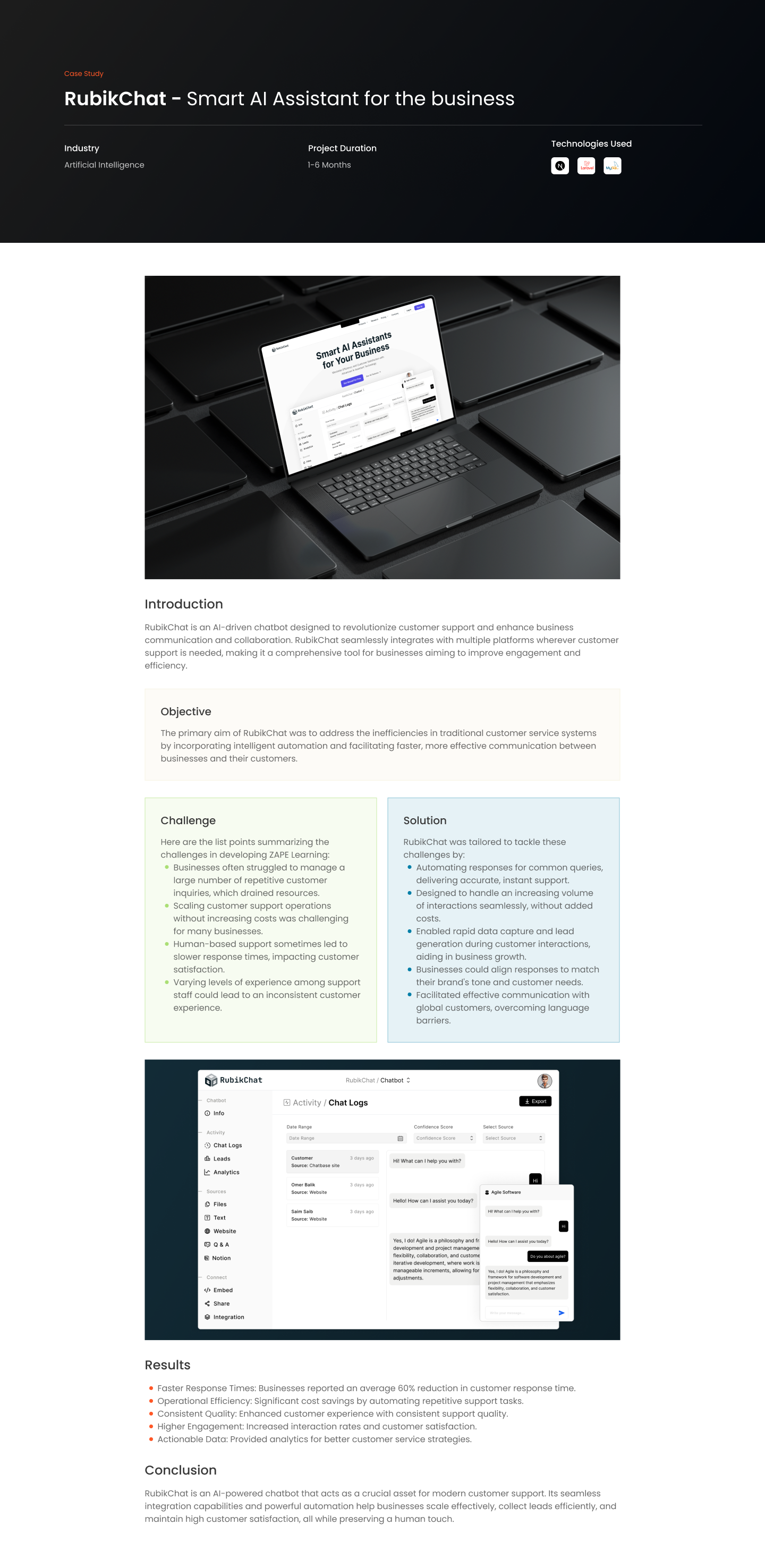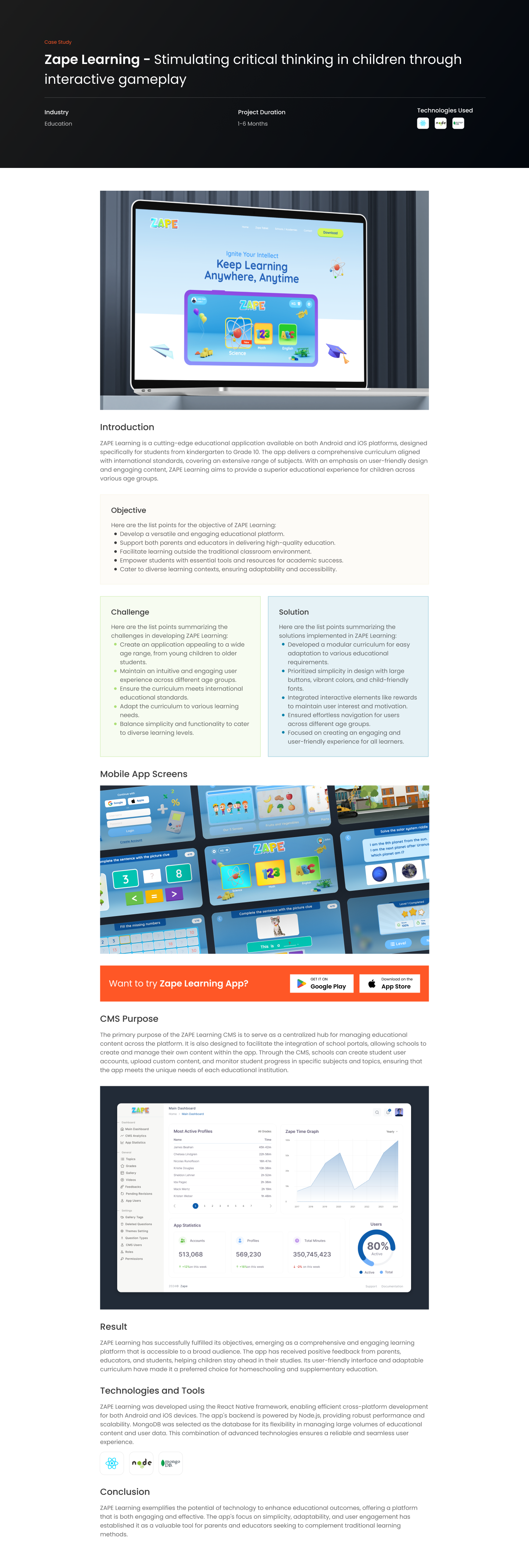Introduction
The realm of quantum computing is advancing rapidly, and recently has seen significant developments that promise to reshape the future of programming and computational capabilities. Here’s a deep dive into the most influential quantum computing trends and the programming languages leading the charge in this exciting field.
Trending Quantum Programming Languages
1. Q# by Microsoft: Tailored for quantum development within the Azure Quantum platform, Q# integrates with Visual Studio, offering tools and simulators for quantum programming.
2. Silq: Developed by ETH Zurich, Silq emphasizes code safety, aiming to reduce common programming errors in quantum code through its unique syntax and type system.
3. ProjectQ: An open-source framework that supports Python and C++, providing a high-level interface for quantum programming and optimization techniques.
4. Qcl: A versatile and older language with a strong following in the quantum research community, offering a wide range of features for programming and simulating quantum algorithms.
5. QuipperScript and QuipperFlow: Extensions of the Quipper language, with QuipperScript integrating with Haskell and QuipperFlow focusing on quantum machine learning applications.
6. Qmasm: Allows writing quantum assembly code, offering fine-grained control over quantum hardware, suitable for optimizing quantum algorithms for specific hardware configurations.
Key Quantum Computing Trends
- Hybrid and Multi-Cloud Solutions: The adoption of hybrid and multi-cloud strategies is surging, allowing businesses to leverage the strengths of both public and private clouds for enhanced scalability and control.
- Edge Computing Developments: Edge computing is revolutionizing data processing, especially in IoT, by reducing latency and enhancing performance for real-time applications.
- AI and Machine Learning Integration: AI and ML have become core components of cloud computing, transforming service offerings and operational efficiency.
- Challenges in Quantum Computing: The field faces hurdles such as building scalable and stable quantum hardware, dealing with noise and errors, and developing efficient algorithms.
Impactful Trends and Predictions
- Healthcare and AI Applications: Quantum computing is set to make significant strides in healthcare, offering deep research outcomes and better diagnoses for critical conditions.











